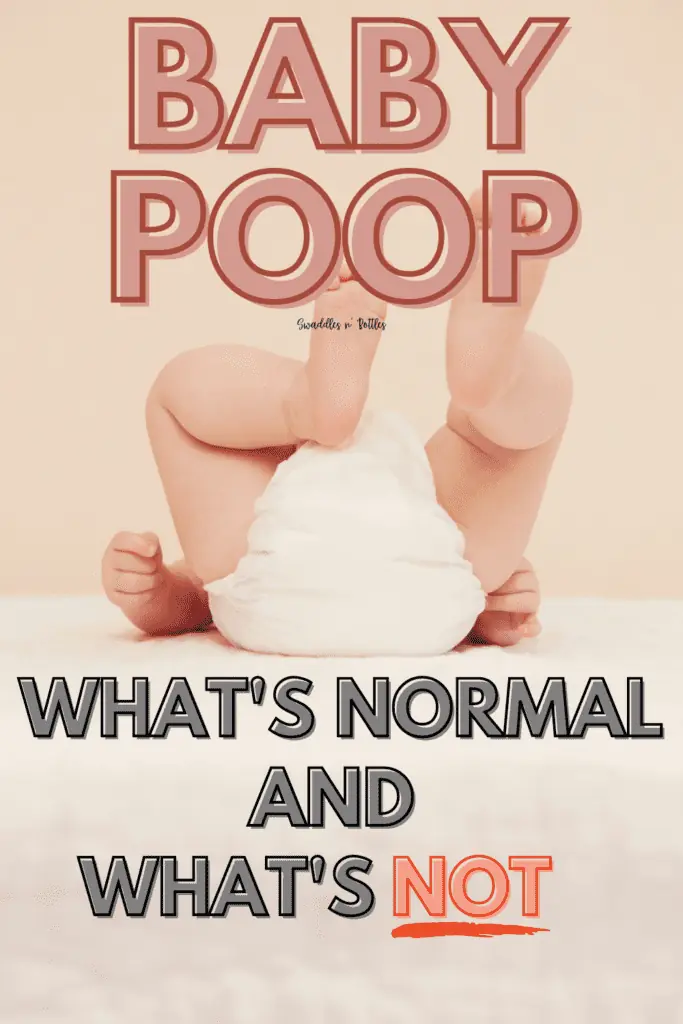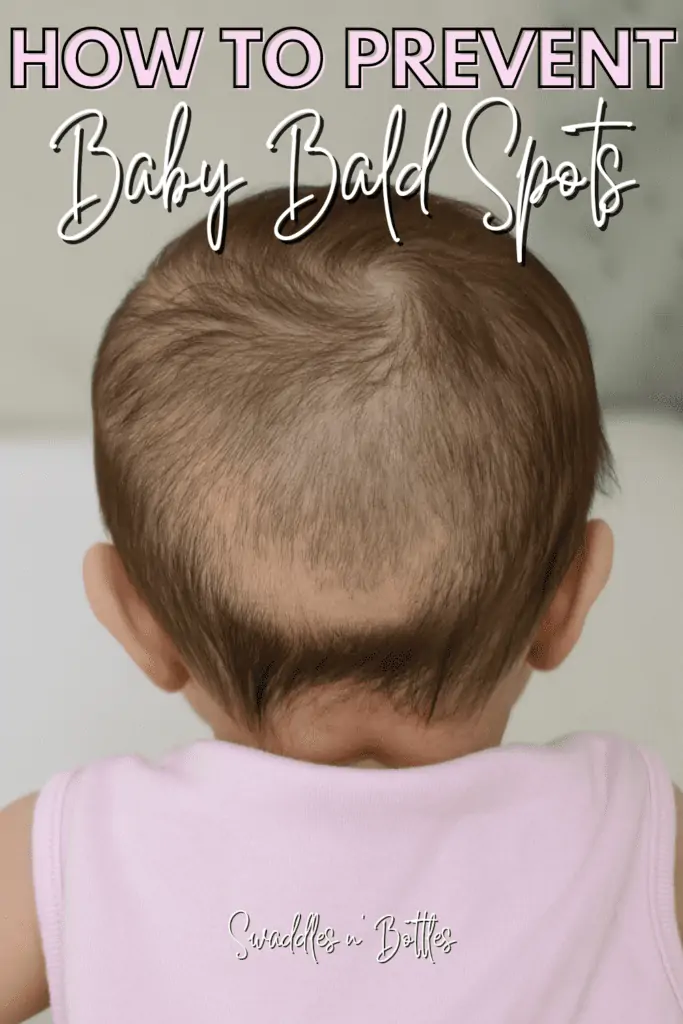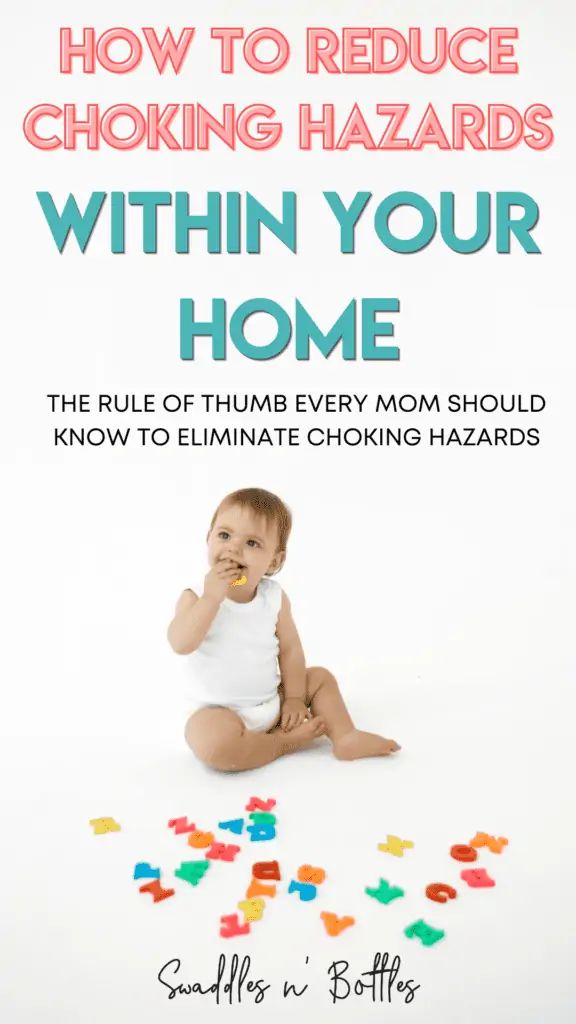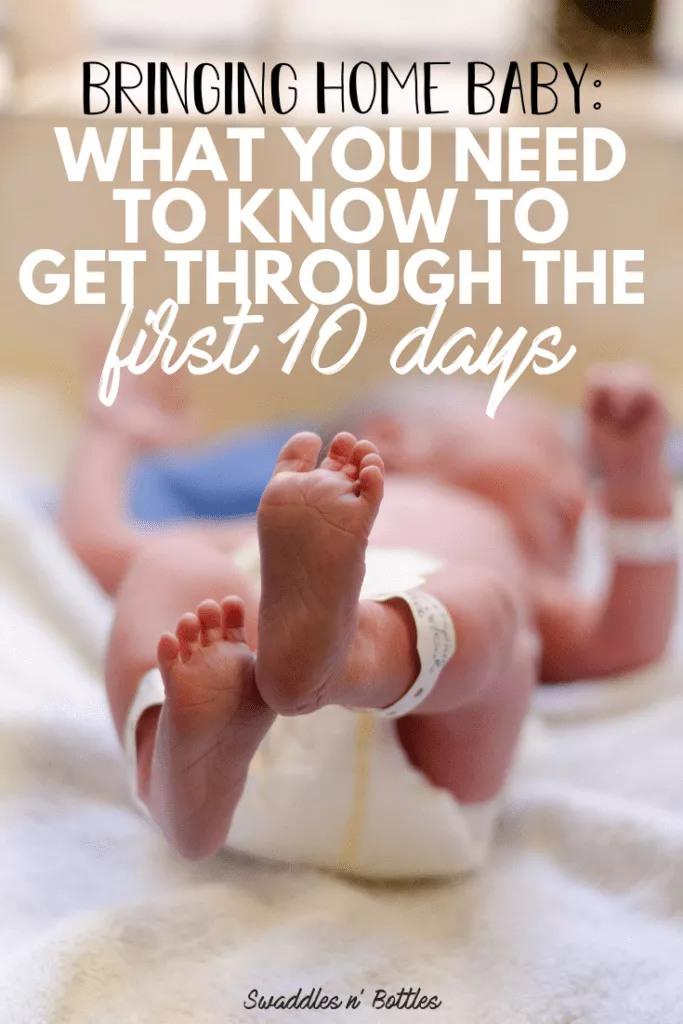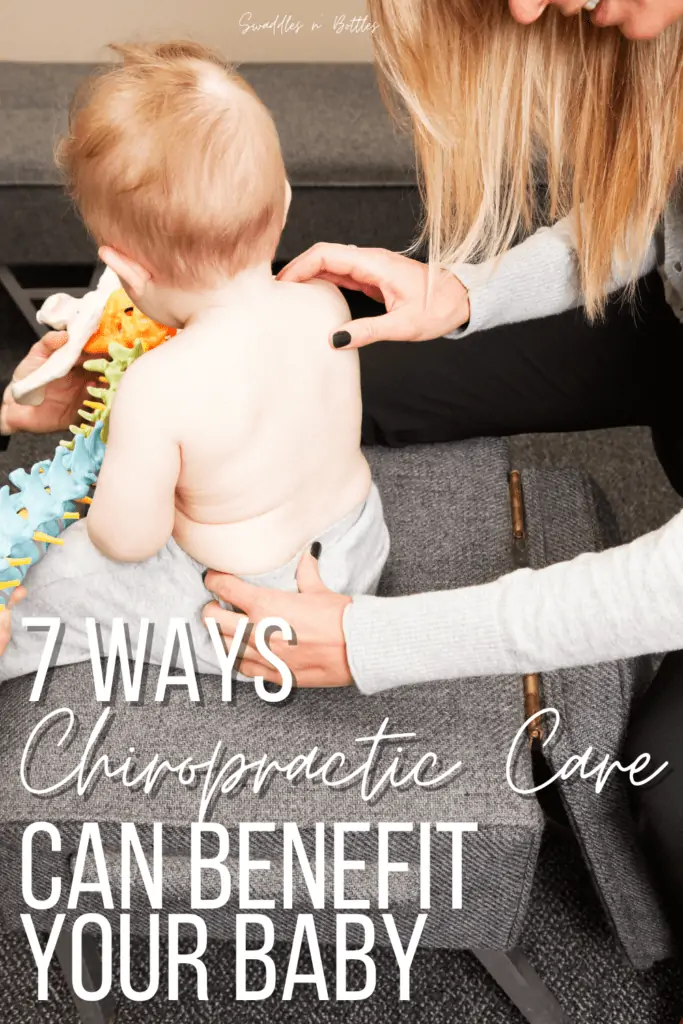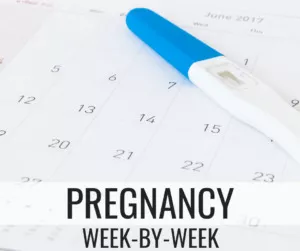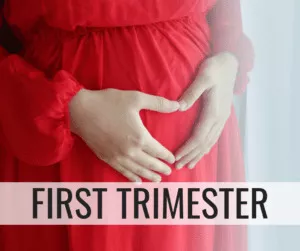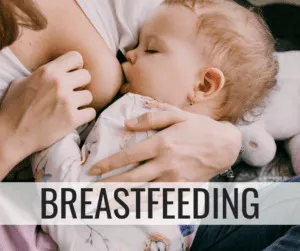
Tongue and Lip Tie in Baby: How Does it Affect Breastfeeding? Signs Your Baby May Be Tied.
You may recently have heard of someone whose baby was diagnosed with a tongue tie or lip tie. Though these physical anomalies are not new, many of our parents and grandparents are not familiar with them due to the popularity of bottle feeding, and lack of breastfeeding over the past few decades.
It is not only our parents and grandparents that are unfamiliar with lip and tongue ties. Many healthcare providers are not trained in identifying lip or tongue ties. This may lead to misdiagnoses’ and shortened and/or strained breastfeeding relationships.
What are Tongue Tie & Lip Tie?
Both upper lip tie and tongue tie are caused by tight, thick, and/or short frenulums. The frenulum is that little piece of tissue that connects the lip to the gum or the tongue to the floor of the mouth. When the frenulum is tight, thick, and/or short, it results in restricted movement. Restricted movement to either the upper lip or tongue can have a negative effect on a baby’s latch.
How Does a Tie Affect Breastfeeding?
An upper lip tie and a tongue tie can both have an adverse affect on breastfeeding. Though a tongue tie is more often considered to be a larger problem than a lip tie; a lip tie can also negatively effect the breastfeeding.
Lip Tie
The severity of an upper lip tie will determine how much of an impact it will have on the breastfeeding relationship. In a good latch the baby will have their mouth open wide, taking in the nipple and much of the areola. When looking at the latch the infant’s lips will be flanged out, like a fish.
A lip tie can prevent the baby from being able to flange their lips when latched on. If the baby does not flange their lips, their mouth will not open as large as is ideal. This can result in what is called a shallow latch.
A shallow latch will result in the baby sucking on the nipple, instead of taking in the nipple and areola.
Tongue Tie
A tongue tie may be viewed by some practitioners as being more concerning than a lip tie, in regards to breastfeeding. A baby with a tongue tie is not able to lift and extend their tongue in the same way a baby without a tongue tie can. The success of the breastfeeding relationship can be influenced by how restricted the tongue’s movement is.
In a proper breastfeeding latch, the tongue curls around the nipple and areola. The tongue then moves up and down as milk is extracted.
A tongue that is unable to lift and extend will not be able to properly drain a breast during a nursing session.
What are the Symptoms of a Tongue or Lip Tie?
Though both lip and tongue ties are formally diagnosed based on anatomy, the symptoms that both mom and baby are experiencing will help a practitioner form a correct diagnosis.
It is important to note that while many do experience some, or all, of the below symptoms when their infant has either a lip and/or tongue tie, not all ties are symptomatic. Some babies may have more flexible ties that do not impact the breastfeeding relationship.
The following symptoms may be experienced in a breastfeeding mama, whose baby has a lip or tongue tie
-Nipple trauma due to a poor latch.
-Plugged ducts caused by breasts not being fully drained with feedings.
-Recurrent mastitis can occur if a plugged duct is not relieved.
-Discomfort with nursing may be due to an incorrect latch.
-Low milk supply as a result of ineffective removal of milk.
-Frequent nursing may occur due to the baby not nursing efficiently.
The following symptoms may be seen in a baby with a lip and/or tongue tie.
-Poor weight gain can be a result of a baby not being able to properly drain the breast.
-Trouble staying latched on, likely due to a shallow latch..
-Producing a clicking sound with nursing, caused by the baby losing suction.
-Gassiness from the infant unlatching and sucking in air.
-Frequent feedings in an effort to get enough milk.
Diagnosis
An International Board Certified Lactation Consultant (IBCLC) may be the best resource for a diagnosis of a lip or tongue tie. If your baby is diagnosed with a tie, and the IBCLC believes it needs to be corrected, then she will likely refer you to either a holistic pediatrician or an Ear, Nose, and Throat doctor (ENT) to discuss your options further.
If you or your baby are experiencing any of the above symptoms don’t delay in raising your concerns to your child’s healthcare provider and/or contacting a local IBCLC.
A prompt diagnosis is key if you believe that your baby may have either a tongue or lip tie. The longer a tie goes without correction the greater the chance the breastfeeding relationship will be strained.
Meet The Author
Brooke is a certified Pediatric Nurse Practitioner with over 15 years of pediatric and postpartum nursing experience. She is the mother of two boys and a baby girl. Brooke loves sharing her knowledge and engaging with others on her social media channels. When she’s not chasing the sunshine you can find her blogging about everything pregnancy through parenting at simplywellfamily.com
More Newborn Tips:



